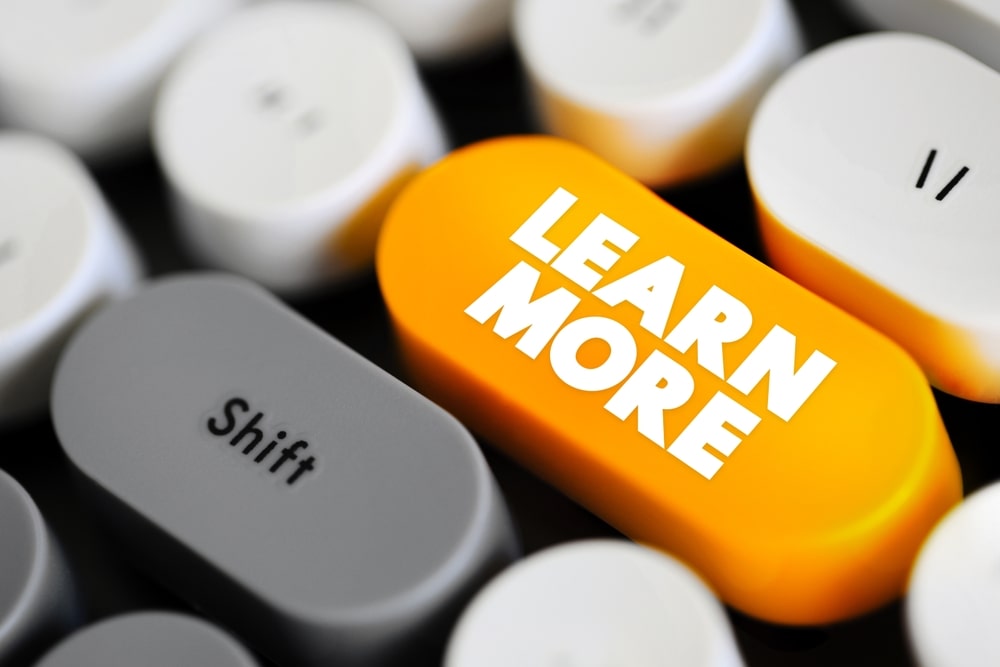
ADD-ADHD
- Child ADHD: Symptoms, Causes, Treatments
- Teen ADHD (Adolescents): Symptoms, Causes, Treatments
- Adult ADHD: Symptoms, Causes, Treatments
- Understanding the 3 Types of ADHD: Inattentive, Hyperactive-Impulsive & Combined Explained
- ADHD Treatment Options: Medications, Therapies, and Natural Approaches for Children & Adults

Neurodevelopmental Disorders & Learning Differences
- Dyslexia in Children: Symptoms, Causes & Best Therapies
- Dysgraphia in Children: Symptoms, Diagnosis & Treatment
- What Is Dyscalculia? Symptoms, Causes & Treatment
- Specific Learning Disorder with Impairment in Reading | Symptoms, Treatment & Therapists Near You
- Nonverbal Learning Disorder (NVLD): Symptoms, Causes & Therapies
- What Is Giftedness in Children? Signs, Support & Therapists
- Language Processing Disorder in Children: Signs, Therapy & Support
- Language Disorders in Children: Signs, Types & Therapy
- Delayed Speech in Children: Causes, Signs, and Therapy Options
- Executive Function Disorder in Children: Signs, Support & Therapy
- Apraxia of Speech in Children: Signs, Diagnosis & Therapy
- Understanding Intellectual Disability in Children: Signs, Support & Therapies
- What Is Twice-Exceptional (2e)? Signs, Challenges & Support for Gifted Children with Disabilities
- Global Developmental Delay (GDD)
ADHD Treatment Options: Medications, Therapies, and Natural Approaches for Children & Adults

Authored by: The DrSensory Editorial Team
Reviewed by: 🛡️ DrSensory Clinical Review Board
Last updated: June 2025
What are the most effective treatments for ADHD?
The most effective treatments for ADHD (Attention-Deficit/Hyperactivity Disorder) typically include a combination of medication, behavioral therapy, and lifestyle changes. Treatment plans should be personalized, based on age, symptom severity, and individual needs. Common approaches include:
- Stimulant medications, such as Adderall or Ritalin, which help improve focus and reduce impulsivity and hyperactivity.
- Non-stimulant medications, like Strattera or Intuniv, which may be better suited for those with side effects or coexisting conditions.
- Cognitive Behavioral Therapy (CBT), which teaches time management, emotional regulation, and coping strategies.
- Parent training and school support plans for children with ADHD.
Early diagnosis and a tailored treatment plan significantly improve outcomes for both children and adults.
Child ADHD: Symptoms, Causes, Treatments
What medications are commonly used to treat ADHD?
There are two main types of ADHD medications: stimulants and non-stimulants.
- Stimulants (most commonly prescribed) include:
- Methylphenidate-based drugs (Ritalin, Concerta, Daytrana)
- Amphetamine-based drugs (Adderall, Vyvanse, Dexedrine)
- Non-stimulants include:
- Atomoxetine (Strattera) – affects norepinephrine levels
- Guanfacine (Intuniv) and Clonidine (Kapvay) – used especially in children or when anxiety or sleep issues coexist
These medications improve focus, reduce impulsive behavior, and help manage hyperactivity. A healthcare provider will typically monitor response, dosage, and side effects closely.
Can ADHD be treated without medication?
Yes, ADHD can be managed without medication, especially in mild to moderate cases or when families prefer non-drug approaches. Non-medication treatments for ADHD include:
- Behavioral therapy: Teaches children and adults skills for organizing, planning, and managing emotions.
- Parent training programs: Help caregivers create structure, set consistent expectations, and use positive reinforcement.
- Educational interventions: IEPs, 504 plans, and tutoring can support academic performance.
- Lifestyle strategies: Regular exercise, proper sleep, time-blocking, and balanced nutrition can reduce ADHD symptoms.
- Mindfulness and coaching: Focused practices like meditation or ADHD-specific coaching build self-awareness and routine.
These approaches can be effective alone or combined with medication for a more comprehensive treatment plan.
Top Strategies for Parents Navigating ADHD in Kids
25 Sensory Activities and Exercises for Kids with Sensory Processing Disorders and ADHD
How do you choose the right ADHD treatment plan?
Choosing the right ADHD treatment plan depends on several factors, including the individual’s age, symptoms, medical history, and lifestyle. Here’s how to approach it:
- Get a professional diagnosis from a licensed clinician (pediatrician, psychiatrist, psychologist).
- Discuss treatment goals: Is the focus on school success, emotional regulation, or social behavior?
- Start with evidence-based options: Stimulant medication and behavior therapy are first-line treatments.
- Monitor progress: Keep track of symptom changes, side effects, and daily challenges.
- Make adjustments as needed: Treatment may evolve over time, especially during life transitions (e.g., adolescence, college, work life).
A collaborative approach involving the individual, family, school, and healthcare provider ensures the best results.
Understanding the 3 Types of ADHD: Inattentive, Hyperactive-Impulsive & Combined Explained
NEURODIVERSITY: Understanding the Overlap Between Autism, Sensory Processing Disorder, and ADHD
This page provides general educational content and is not a substitute for professional medical advice. Always consult a licensed provider for diagnosis and treatment.
View privacy policy, copyright and trust info
More on ADHD

- Child ADHD: Symptoms, Causes, Treatments
- Teen ADHD (Adolescents): Symptoms, Causes, Treatments
- Adult ADHD: Symptoms, Causes, Treatments
- Understanding the 3 Types of ADHD: Inattentive, Hyperactive-Impulsive & Combined Explained
- ADHD Treatment Options: Medications, Therapies, and Natural Approaches for Children & Adults
Find a Therapist near you
Are you looking for a physical, occupational, or speech therapist in your area?
Look no further than the DrSensory Therapist Database and Clinic Directory!
Find a Therapist
Find the physical therapist, occupational therapist, or speech language pathologist you’re looking for!
Ask Us Anything
Whether you are looking for advice, have a general question about sensory processing, or looking for resources.
Submit Your Story
Share your story about your child. Let’s celebrate milestones and learn more about challenges.












































































